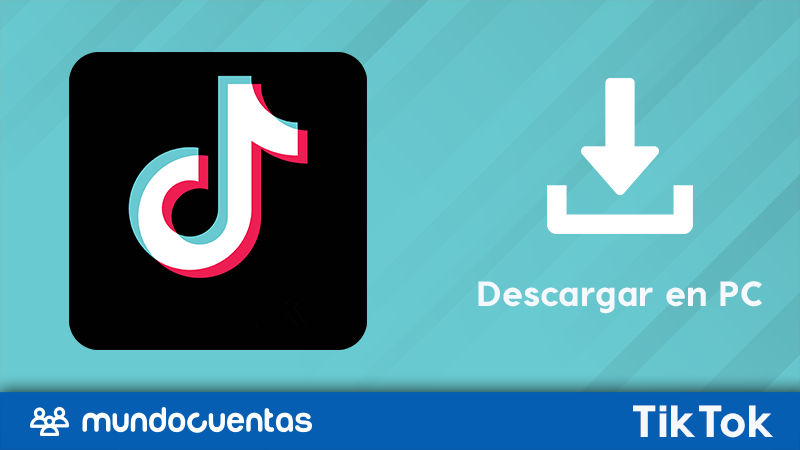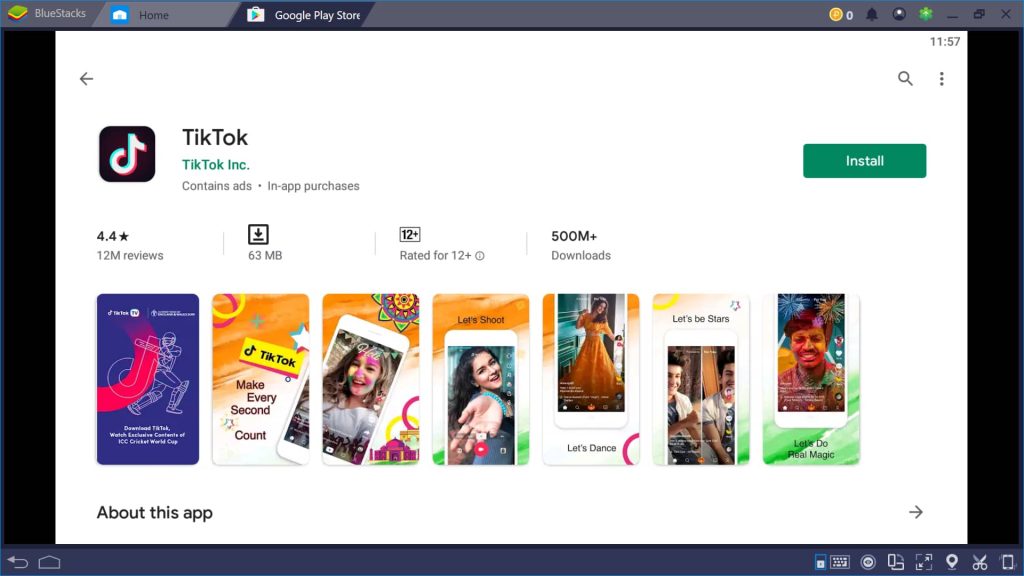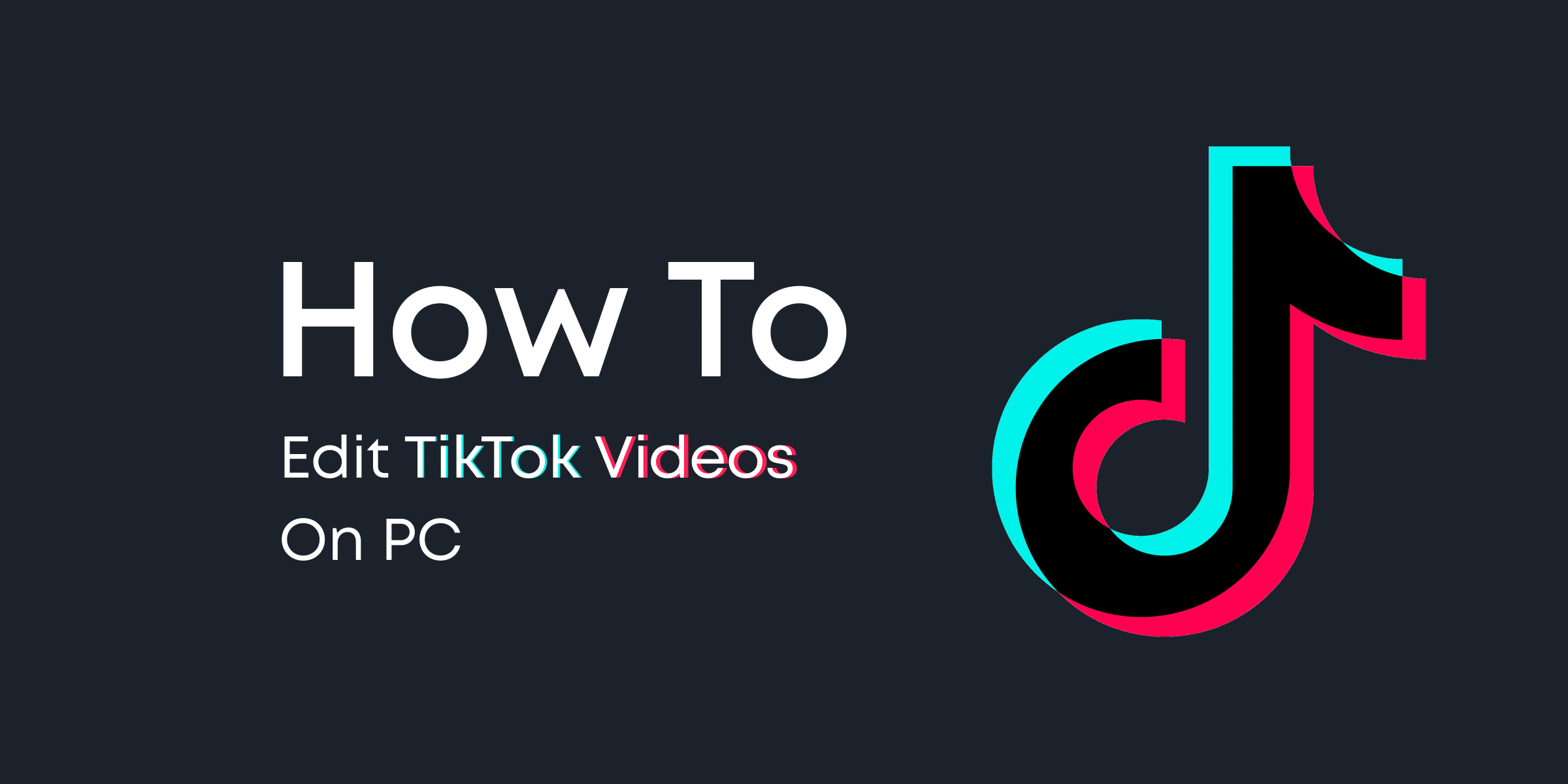

The idea is that anyone could build their own TikTok.

The vision is to “reboot” the internet in a way that destroys the ability to create virtual monopolies like Facebook, LinkedIn, Instagram and WhatsApp.Īs its next technical demonstration, it launched “CanCan”, a TikTok-like app that will run in a browser (though it is not publicly available as such) and which is not owned by a company. Today it announced that the “Internet Computer” is now open to third-party developers and entrepreneurs to build that next generation. In fact, it was building its so-called “Internet Computer”: a decentralized and non-proprietary network to run the next generation of “mega-applications.” Dfinity, it turned out, wasn’t a traditional blockchain startup, but was taking a leaf out of that world’s championing of the move toward decentralization. The demonstration didn’t go live, and technically speaking it was under-whelming - until you realized it wasn’t running on any server, and performed faster than a native mobile app. In January this year it didn’t talk about blockchain at all, but instead demonstrated an open social network called “LinkedUp,” sort of open version of LinkedIn. It started behaving like an actual software company.

I must admit that at the time it appeared for all intents and purposes as if it would be yet another attempt to replace Ethereum. It raised $102 million in funding at a $2 billion valuation in a round jointly led by Andreessen Horowitz and Polychain Capital, along with other investors, including KR1. Dfinity appeared in 2018, amid the flurry of investments in the blockchain space.


 0 kommentar(er)
0 kommentar(er)
